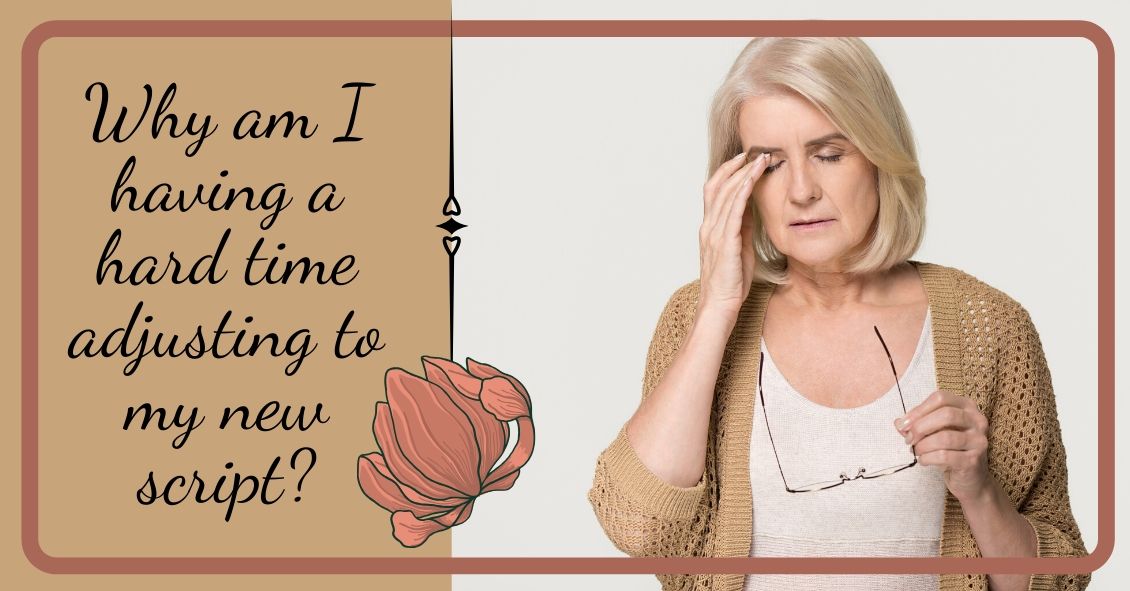News & Promotions
 Motherhood...the sheer sound of it brings enduring memories. A mother’s touch, her voice, her cooking, and th...
Motherhood...the sheer sound of it brings enduring memories. A mother’s touch, her voice, her cooking, and th...
Featured Monthly Video
- Written by InnovativEyes

Eye doctors typically pride themselves on being able to improve someone’s vision through glasses or contact lens prescriptions. Whether it’s a first-time glasses wearer, or someone having either a small or large change in their prescription, we...
- Written by InnovativEyes

When soft contact lenses first came on the scene, the ocular community went wild.
People no longer had to put up with the initial discomfort of hard lenses, and a more frequent replacement schedule surely meant better overall health for the...




